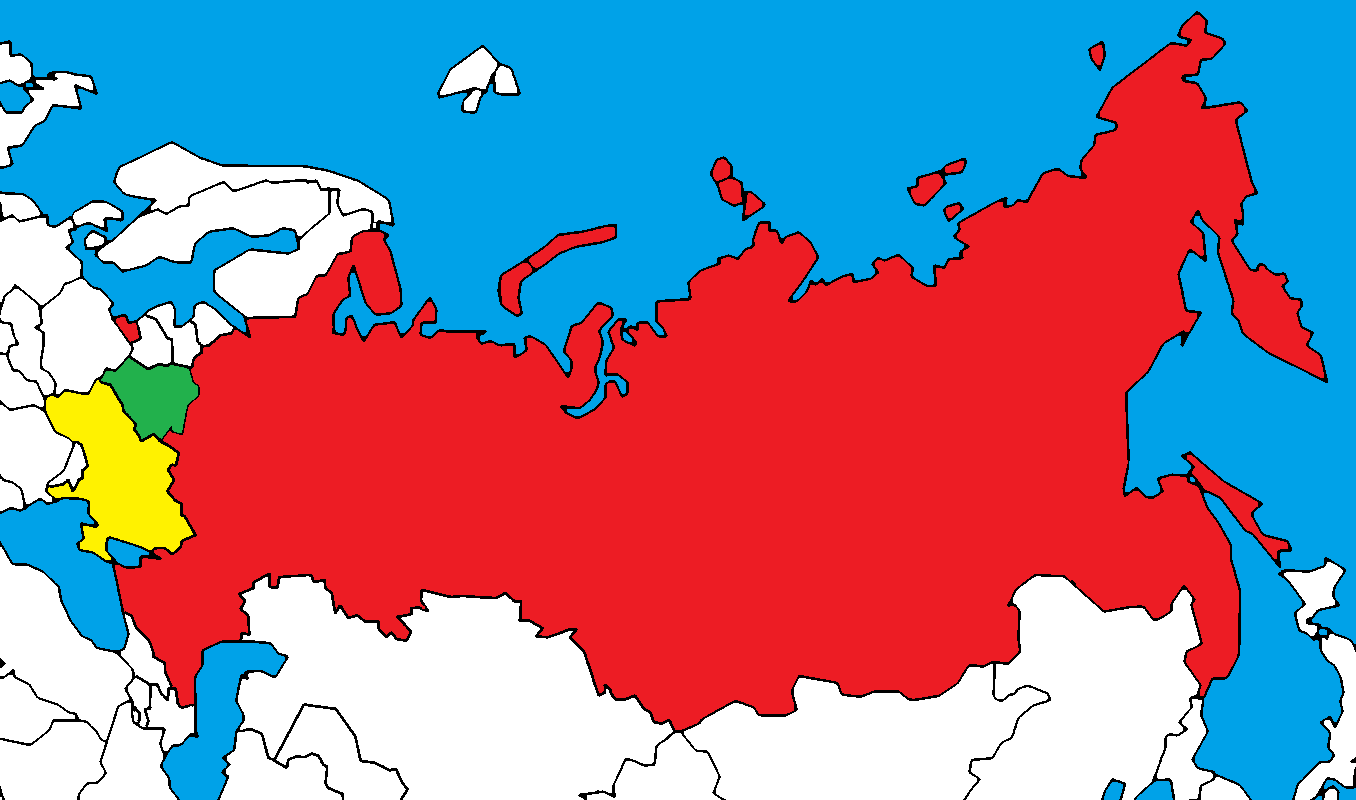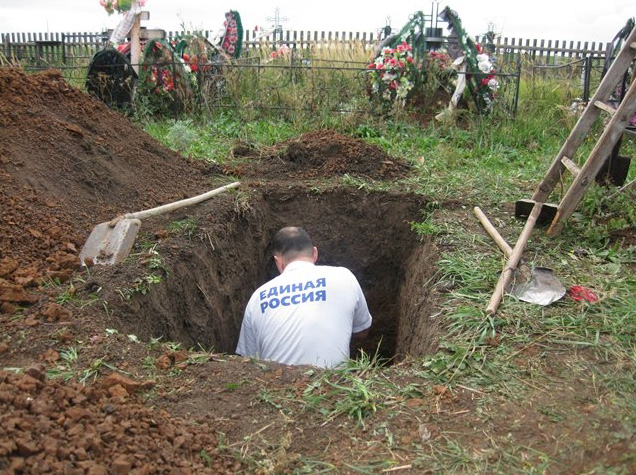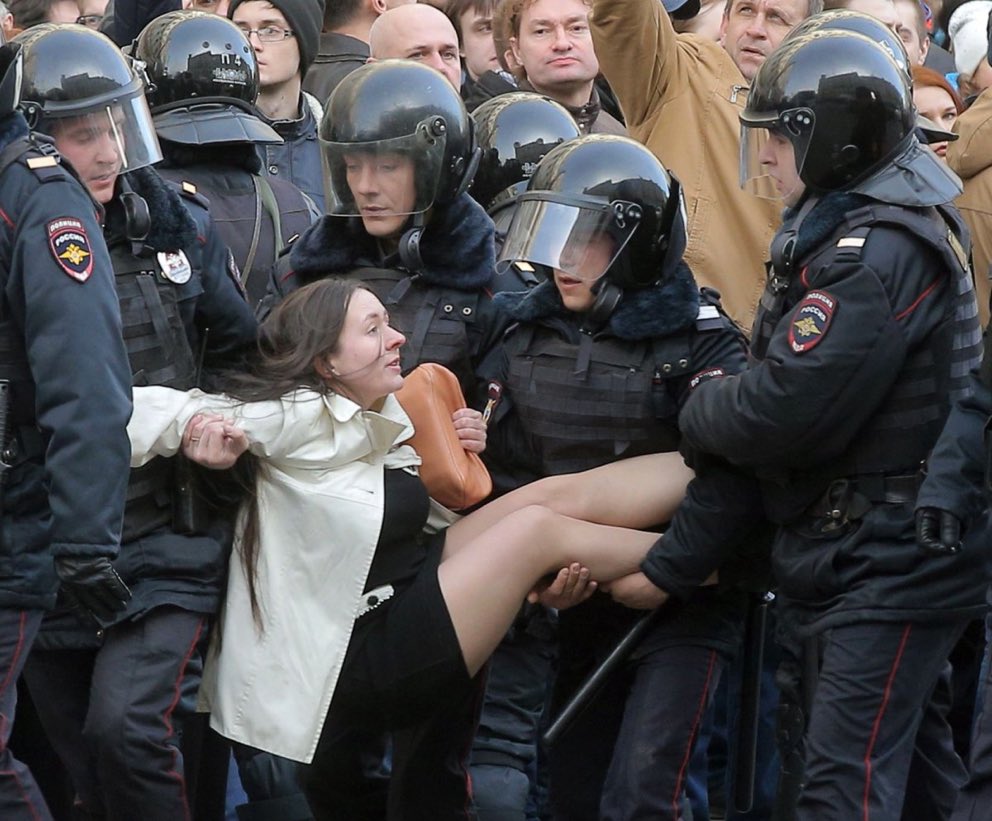Belarus meets all three requirements as a target for a hybrid war and then use it as a base to attack other countries in a similar way, Russian commentator Yury Christensen says. Moreover, Belarusians say, Moscow is already conducting troll attacks on Belarus, the equivalent of advance artillery attacks in conventional war.
Christensen’s argument is important because most analyses of the Belarusian-Russian crisis have limited themselves to discussions of what it will mean for Belarus if and when it is absorbed (and more rarely for Russia). But the real story – and the reason the West must oppose it – is that the Russian absorption of Belarus would open the door to much broader aggression.
In a Kasparov commentary today, Christensen says there are three conditions needed for the hybrid conquest:
- the seizure of the information space,
- the existence of a transport corridor to provide logical support for forces that the attacker will deny are his, and
- “a low standard of living” in the victim that the attacker can exploit.
“In this regard,” the commentator continues, “Belarus is an ideal object for unleashing asymmetric wars against other states bordering it. The first two conditions are already being fulfilled, and the third can be easily fulfilled, after control of the economy of the country in fact passes into the hands of the Kremlin.”
According to the commentator, “this part of preparation for [a broader] war” could occur in this new year.
One sign Moscow has made the decision to do just that is that “an attack of Kremlin trolls on the Internet has begun. “Just as the wars of the 20th century rarely began without artillery preparation, so conflicts in the 21st often are preceded by information preparation,” Vladimir Chudentsov says.
Chudentsov, the editor-in-chief of the By24.org
portal, says that “in the last several weeks,” Russian trolls on the Internet “have begun to actively prepare for this, by attempting to form among them an active pro-Russian position,” something the Russian side has been willing to make major investments in.
In a transparent attempt to conceal what is going on, the “pro-Russian point of view is being advanced from accounts of users who live in Belarus itself.” That makes it appear to some as if these views are an expression of Belarusian public opinion. In fact, this is a Russian operation, financed from Moscow, and pushing Russian not Belarusian views, he says.
Moscow pays these ostensibly Belarusian bloggers a pittance – six or seven rubles per item via credit card or mobile telephone transfers – but that is sufficient to attract enough to make it appear there is a groundswell of support in Belarus for union with the Russian Federation.
Chudentsov says there is only one aspect of this situation which is welcome:
But if one can be pleased by the reaction of ordinary Belarusians, Chudentsov continues, one can only regret that “the Belarusian powers that be despite their responsibility to be concerned about the territorial integrity and sovereignty of the country have still not reacted to the attack of the Kremlin trolls at all.”
There are laws even in Lukashenka’s Belarus that would allow them to do so. But since the authorities won’t act on them, ordinary Belarusians must take up the defense of their country against this asymmetric form of Russian aggression and do so in the first instance by not allowing themselves to fall victim to the trolls’ propaganda.
Further Reading:
- When Moscow talks of ‘deep integration’ of Belarus, it means annexation, Lukashenka says
- Three telling poll results from Belarus
- Lukashenka tells Putin’s new man in Minsk: ‘Belarus will not ever be part of Russia’
- Moscow officials currently preparing for Anschluss of Belarus, Larionov says
- West’s paramount task is to prevent Belarus from being swallowed up by Russia, Melianas says
- Moscow pursuing ‘forced integration’ of Belarus into Russia now, Sivitsky says
- Could Putin’s pseudo-Cossacks on Belarusian border become ‘the little green men’ in Belarus?
- Are Russian oligarchs serving as Putin’s ‘little green men’ in Belarus?
- Fearful of Moscow and his own people, Lukashenka fails to crush pro-Russian march in Minsk on Victory Day
- Putin planning to interfere in Belarusian elections to replace Lukashenka, Sivitsky says
- FSB may be well pleased with Zapad-2017 outcome, Belarusian analysts say
- Struggle for Belarus: Minsk is promoting Belarusianization; Moscow, re-Sovietization
- Is Lukashenka worried about the loyalty of the Belarusian siloviki?





